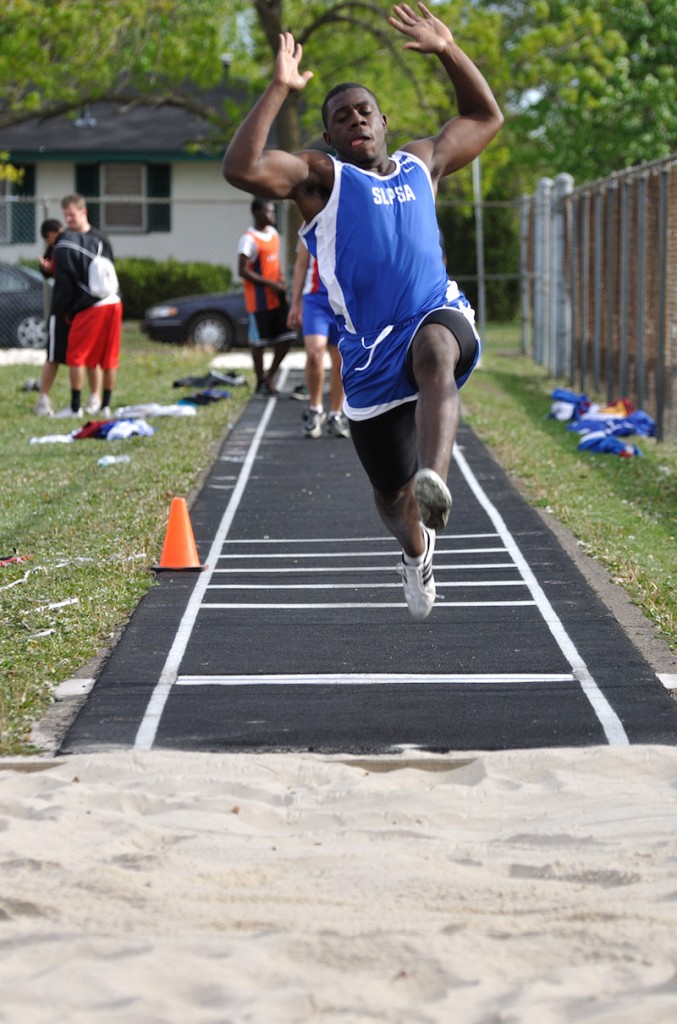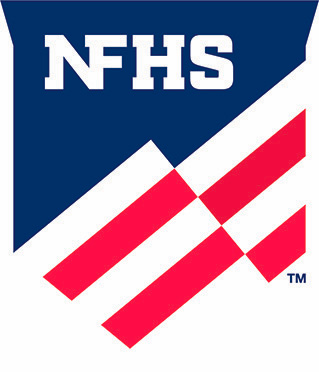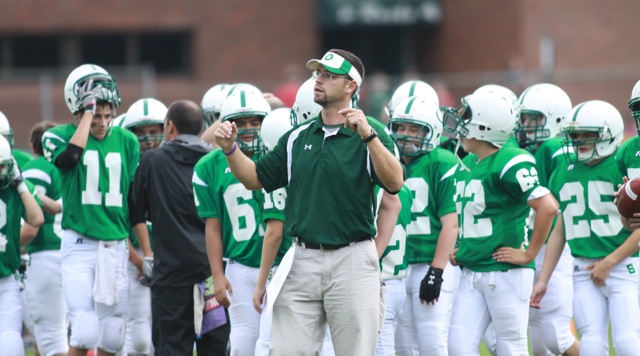A.D.ministration: 7 tips for supporting every single sport
Athletic administrators have countless responsibilities, duties and tasks associated with their position. A normal day is often hectic and there is never enough time to do everything that you should or want to do. Therefore, it would be very easy for an athletic director to remain behind his or her desk hour after hour in order to handle everything.
 However, much more is needed than being diligent and simply completing tasks. An athletic administrator also has to be visible, and there are several legitimate reasons for this expectation. It is hard to lead a program if you don’t have an active presence in all aspects of the program.
However, much more is needed than being diligent and simply completing tasks. An athletic administrator also has to be visible, and there are several legitimate reasons for this expectation. It is hard to lead a program if you don’t have an active presence in all aspects of the program.
In Baltimore County, Maryland, badminton is a varsity sport. Unlike football, basketball and lacrosse, there will be no articles in the local newspaper. There may only be 15 fans in attendance — 90 percent of which are parents of the players.
But badminton is extremely important to the student-athletes and their parents, and this makes the sport vital to your program.
That’s why an athletic administrator has an obligation to show a sincere interest in every sport, not just by supporting it financially but by being visible at both practice sessions and games. Actions speak louder than words or money. The athletes and parents need to see that you actually care about them and value their part in the program.
Attending games also allows you to handle some quick, simple questions that coaches or parents may have and you can connect with the various stakeholders of your program. If you sense that the topic or tone may be more complex or might become contentious, you do want to employ the 24-hour rule when dealing with disgruntled parents. Ask the individual to schedule a meeting for the following day, and this allows time for emotions to subside and it also gives you a chance to gather information and materials so that you are totally prepared for this meeting.
Exactly how do you accomplish this goal of being visible at practice sessions, games and other community events? The following are a few hints and considerations.
1. Explain your purpose.
Point out to coaches during your preseason staff meeting that you expect to periodically stop by practice sessions. Explain that these brief visits are only observational opportunities and you are not going to interrupt or disrupt practice, but just watch for a few minutes. Also, coaches should conduct practice sessions as they normally would and pay no attention to the athletic administrator.
2. Make it a priority.
 Set a specific time every day when you plan to leave your office, regardless of how many items remain on your to-do list. It has to be a priority to go out and observe practice sessions and attend games of as many teams as you can. List this time on your daily to-do list and put a reminder on your computer or bulletin board.
Set a specific time every day when you plan to leave your office, regardless of how many items remain on your to-do list. It has to be a priority to go out and observe practice sessions and attend games of as many teams as you can. List this time on your daily to-do list and put a reminder on your computer or bulletin board.
3. Take notes.
Always take a notepad and pen or an electronic (digital) notepad with you when you leave your office. Use these implements to write down positive observations about the coaches as they are instructing and interacting with their teams, and include one or two items that may need a little improvement.
Also, jot down the coach’s name and date on these notes and file your records the next morning in the appropriate folders. You want to do this because memory may fade, but the notes provide good, accurate material for use with coaching evaluations at the conclusion of the season.
In addition to writing down observations for coaching evaluations, it is good to simply have a sense and feel how things are going for your various teams. If a disgruntled parent calls or sends an email, you now have a basis for concrete answers.
4. Plan ahead.
Know how much time you need in order to set up the stadium or other venues for a contest, and always complete the step-by-step process in the same order. Many athletic administrators have checklists for every venue for this purpose. With this information, you can plan your visits to practice sessions for other teams on your way to preform your game management responsibilities.
5. Delegate.
Look for ways to delegate tasks in order to ease your concern about leaving your desk to attend practice sessions. While this may be difficult, it is worth investigating. This is also another reason for investing time in planning and organizing all of your daily and weekly efforts. Do anything and everything to allow you to get out every day to see your coaches and teams in action.
6. Be efficient.
Use every snippet of time, and this should include Saturday mornings. When you come in to check the fields to see if they are playable, which has to be done early in order to notify your opponents and the officials, use the two or three hours in between this task and game time to catch up on paperwork. You can usually be more productive on a Saturday because there are no phone calls or visitors stopping into your office.
7. Take pride in the opportunity.
Take the attitude that getting out from behind your desk is a reward for working hard. It also gives you an opportunity to enjoy the real essence of education-based athletics, watching student-athletes grow and develop, and to see your coaches performing an outstanding educational effort. Why wouldn’t you want to see the success first-hand and to verify that you and your program are providing a great educational environment and opportunity?
In spite of the time demands of the position, it is incredibly important for an athletic administrator to be visible at practice sessions and games. This aspect does, however, take planning and commitment. You can’t be a leader of a program if you aren’t actively involved, and this means being seen.
David Hoch, CMAA, has 16 years of experience as a high school athletic director and served for 12 years as the executive director of the Maryland State Coaches Association. In 2000, he was named Athletic Director of the Year by the Maryland State Athletic Directors Association. His column, A.D.ministration, focuses on issues in athletic administration and appears regularly in Coach & Athletic Director magazine.





